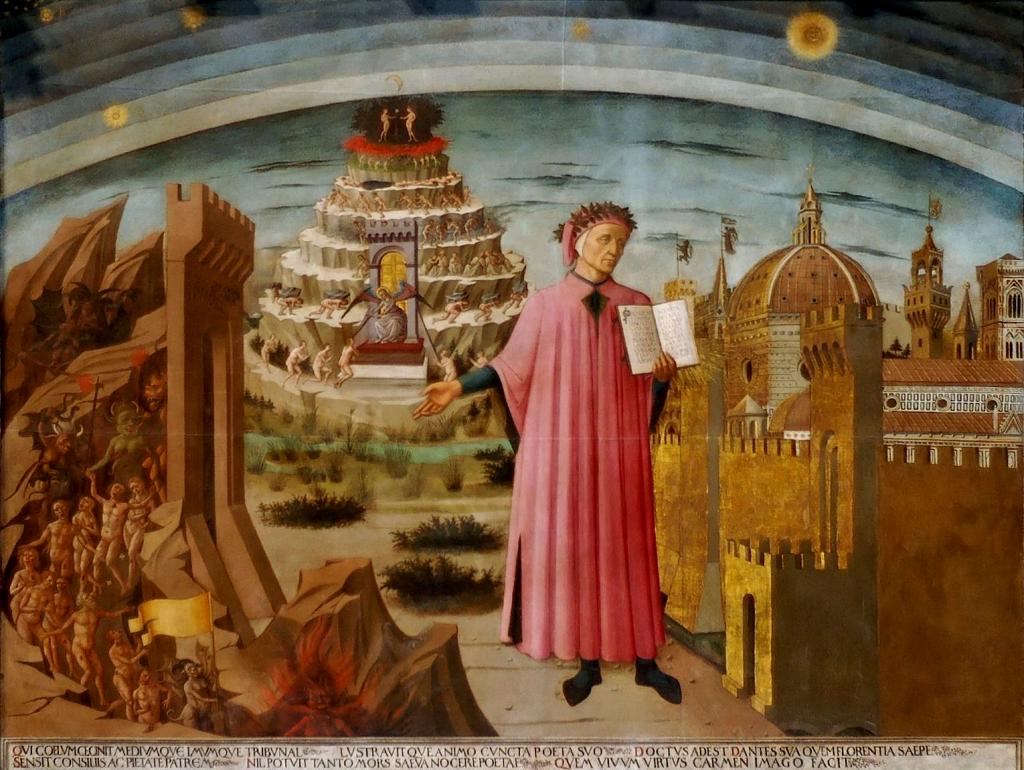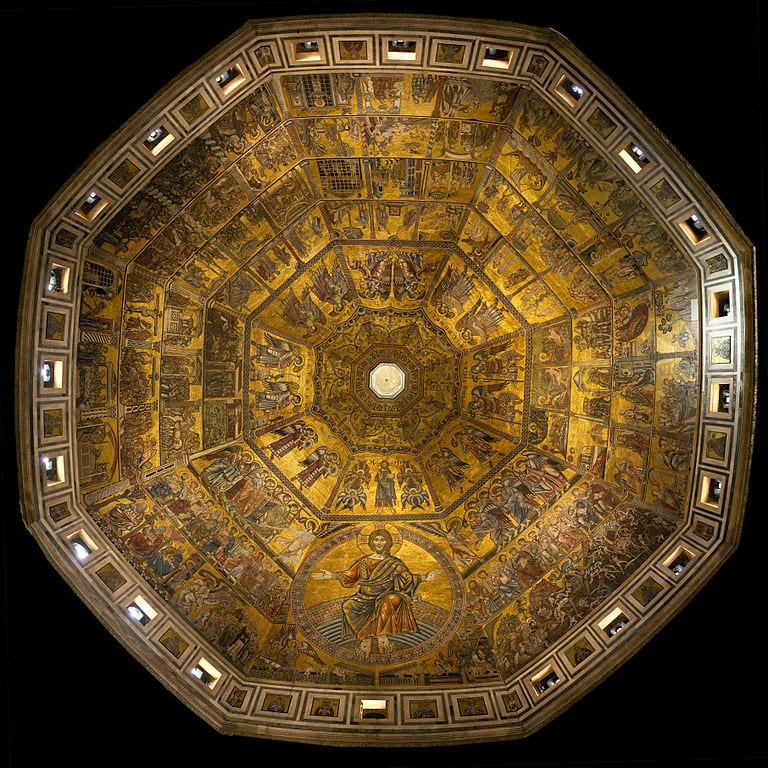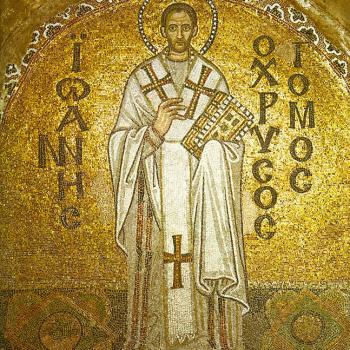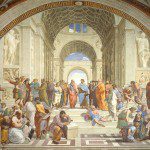
(Wikimedia Commons public domain image)
In a remarkable section (pages 77-88) of Carlo Rovelli, Reality Is Not What It Seems: The Journey to Quantum Gravity, translated by Simon Carnell and Erica Segre (Penguin, 2017), Rovelli, a prominent Italian theoretical physicist who currently directs the quantum gravity research group at the Centre de physique théorique in Marseilles, France, sets out to explain the nature of a “3-sphere” in order to help his readers grasp Albert Einstein’s vision of a universe that, given the curvature of spacetime, can be simultaneously finite and unbounded.
Such a universe is, I confess, very difficult for me to picture, but Rovelli probably does as good a job as it is possible to do.

Then, quite unexpectedly — even though he is an Italian physicist — Rovelli immediately proposes that the illustrious Dante Alighieri, Italy’s greatest poet, had already intuited a 3-sphere cosmos in the Paradiso, the third volume of his early fourteenth-century Divina Commedia. And I must say that Rovelli makes a case for it. (The idea isn’t original with Rovelli; he credits its initial “discovery” to an American mathematician by the name of Mark Peterson, in 1979.) He connects it, too, to the interior design of the famous octagonal Baptistry of San Giovanni in Florence, which stands directly in front of the city’s remarkable Duomo or Cathedral.
Rovelli plainly admires Einstein enormously. But he has just previously been explaining that Einstein’s mathematical abilities were not the great physicist’s strength. Rather, what made Einstein amazingly unique was the power of his imagination. It’s interesting, in that light, to see Rovelli go on to link artistic inspiration or intuition with that in the sciences, and to use aesthetic language to appreciate the insights of both a great physicist and a great poet:
I don’t know if the young Einstein had encountered the Paradiso during his intellectual wanderings in Italy, and whether or not the vivid imagination of the Italian poet may have had a direct influence on his intuition that the universe might be both finite and without boundary. Whether or not such influence occurred, I believe that this example demonstrates how great science and great poetry are both visionary, and may even arrive at the same intuitions. Our culture is foolish to keep science and poetry separated: they are two tools to open our eyes to the complexity and beauty of the world.
Dante’s 3-sphere is only an intuition within a dream. Einstein’s 3-sphere has mathematical form and follows from the theory’s equations. The effect of each is different. Dante moves us deeply, touching the sources of our emotions. Einstein opens a road towards the unsolved mysteries of our universe. But both count among the most beautiful and significant flights that the mind can achieve. (88)












